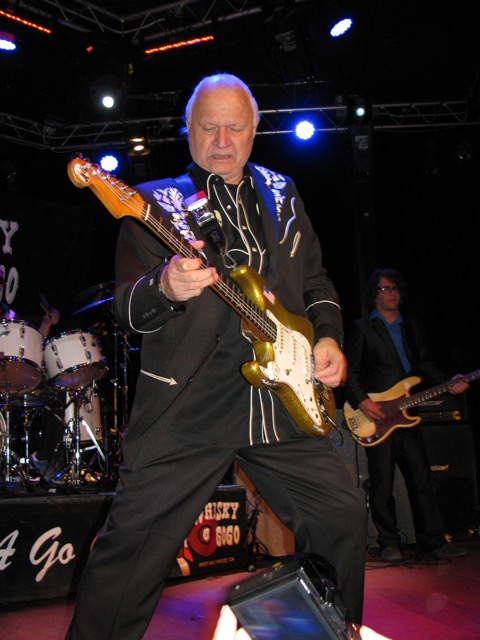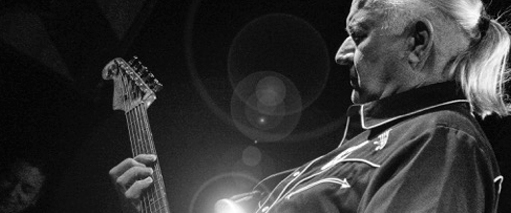Music Interview: A Conversation With Dick Dale
A Conversation With Dick Dale


Lana Dale
Latest Article|September 3, 2020|Free
::Making Grown Men Cry Since 1992


Lana Dale